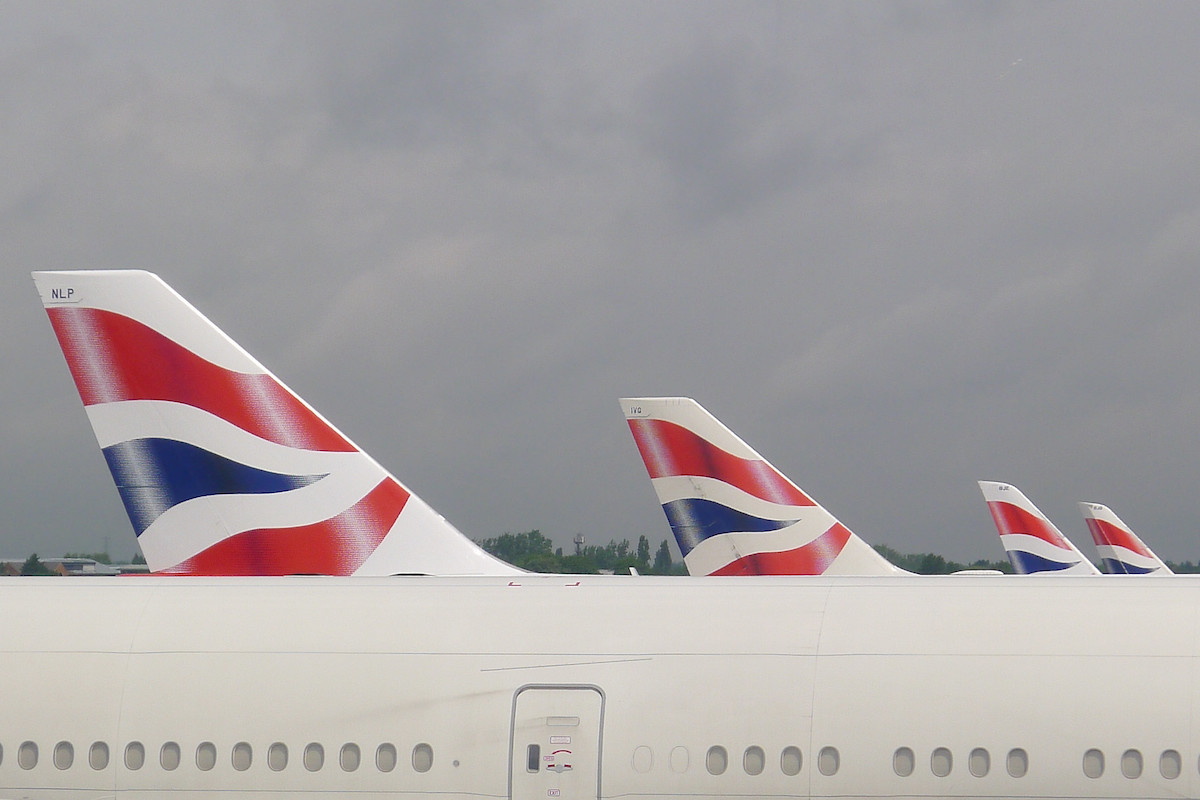IAG Wants Other Companies – Not Just Airlines – to Use Its Avios Points

Skift Take
Earlier this year, International Airlines Group, or IAG, took over parts of the Qatar Airways loyalty program, replacing a currency scheme little known outside the Gulf with one that resonates with points-mad customers in Europe and North America.
Now, IAG, which owns British Airways, Iberia, Aer Lingus, Vueling and Level, is searching for other programs that might use (and pay for) its Avios currency, a top executive said in an interview.
"They have taken the currency, and we have worked with them so they still own the program," Adam Daniels, chairman and CEO of IAG Loyalty, said of the Qatar agreement. "It is slightly different than what others have done before. We think it has potential."
IAG and Qatar Airways have a closer relationship than most airlines, with Qatar owning about 25 percent of IAG. But Daniels said a relationship could work with any partner, including a non airline. As loyalty becomes a bigger business, Daniels said, companies with less attractive programs may want to outsource them to name brands with bigger reaches.
A spokeswoman for IAG Loyalty said Qatar's Privilege Club enrolled "tens of thousands" of new customers in the first month after switching to IAG's Avios currency.
Broadening the program's scope could lead to increased profits for IAG. Loyalty is one of the company's six operating segments — the other five are airlines — and according to executives, one of its fastest growing.
IAG does not break out results from its
